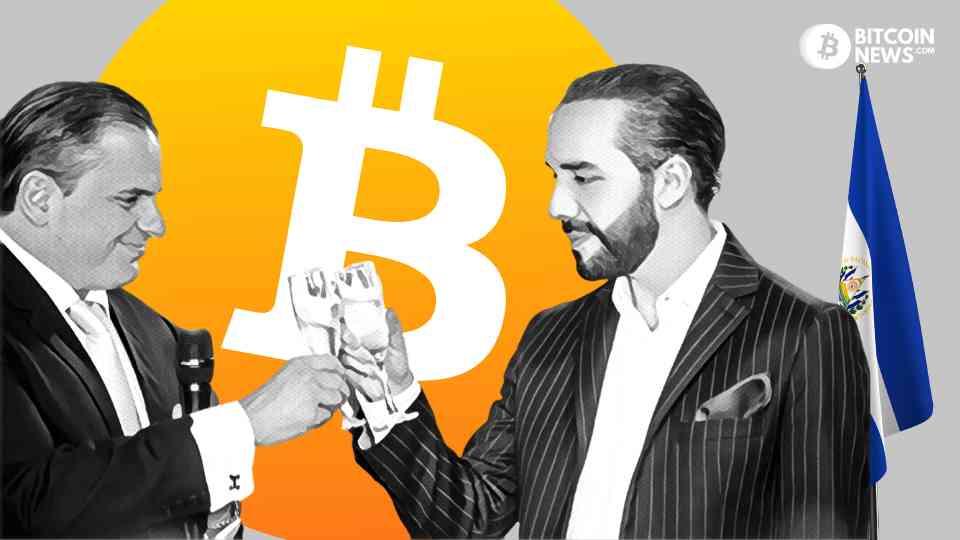US senators are worried about bitcoin adoption in El Salvador, as the lawmakers continue to advocate for a risk report to assess whether El Salvador, with its bitcoin-friendly policies, poses a potential threat to the United States.
The argument put forth by lawmakers is that El Salvador’s bitcoin experiment carries inherent risks that need to be thoroughly evaluated in relation to the interests and security of the United States.
In the previous month, Senators Jim Risch and Bob Menendez, respectively the ranking member and chairman of the Senate Foreign Relations Committee, reintroduced a bipartisan bill. This bill seeks a State Department report specifically focused on El Salvador’s adoption of bitcoin and its potential consequences on bilateral economic relations and cooperation in law enforcement.
Introduced by Senators Risch, Menendez, and Cassidy in February of the previous year, the bill, known as the Accountability for Cryptocurrency in El Salvador (ACES) Act, made its initial appearance.
According to a blog post by the Foreign Relations Committee, citing U.S. interests in “promoting prosperity and transparency in Central America”, there is a need for greater clarity regarding the potential impact of adopting bitcoin as a legal tender on El Salvador’s financial and economic stability.
Additionally, lawmakers are concerned about El Salvador’s ability to effectively combat money laundering and illicit financial activities. Therefore, they are requesting an analysis to assess the risks related to cybersecurity, economic stability, and democratic governance arising from El Salvador’s adoption of bitcoin.
In 2021, El Salvador gained global attention as it became the world’s first country to officially recognize bitcoin as legal tender.
President Nayib Bukele played a significant role by acquiring substantial amounts of bitcoin. As per the new law, businesses in El Salvador are to accept bitcoin as a form of payment, provided they have the necessary technological infrastructure to facilitate such transactions.
While President Bukele’s bitcoin experiment has received acclaim from bitcoin enthusiasts, it has faced criticism from institutions such as the International Monetary Fund and the World Bank.
In a recent development, Saifedean Ammous, the author of “The Bitcoin Standard,” has joined El Salvador’s National Bitcoin Office (ONBTC) as an economic advisor. The ONBTC is responsible for overseeing all bitcoin-related affairs within the country.
Following the Bukele government’s strong measures against street gangs, El Salvador, formerly known as one of the most violent countries in the world, has experienced a significant reduction in its homicide rate.
In the meantime, the United States appears to be taking a tougher stance on bitcoin. Following the downfall of the major digital asset exchange FTX in November, American regulators have implemented stricter measures that make it more challenging for bitcoin-related companies to operate within the largest economy worldwide.
Bitcoin is poised to become a prominent topic in the upcoming presidential election. Candidates for the U.S. presidency Ron DeSantis and Robert F. Kennedy Jr. have openly expressed their affinity for bitcoin.
3 Presidential Candidates For 2024 Openly Support Bitcoin
[wpcc-iframe class=”wp-embedded-content” sandbox=”allow-scripts” security=”restricted” style=”position: absolute; clip: rect(1px, 1px, 1px, 1px);” title=”“3 Presidential Candidates For 2024 Openly Support Bitcoin” — Bitcoin News” src=”https://bitcoinnews.com/presidential-candidates-support-bitcoin/embed/#?secret=I3neQ3xHfL%23?secret=llmntMNNrD” data-secret=”llmntMNNrD” width=”600″ height=”338″ frameborder=”0″ marginwidth=”0″ marginheight=”0″ scrolling=”no”]



